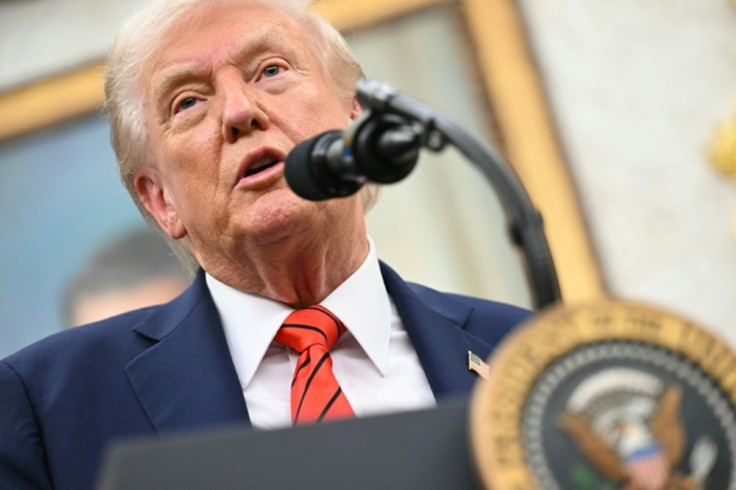Is the White House Daring Maduro to 'FAFO'? White House's 'FAFO' Message Escalates Tensions with Venezuela
Social media jab confirms resource offer as U.S. ramps up military and covert pressure.

It wasn't just a social media post; it was a digital shot across the bow. A four-letter acronym, 'FAFO', tweeted from the White House's official X account has sent shockwaves through the diplomatic world, escalating tensions between the United States and Venezuela to a fever pitch. What does 'f--k around and find out' truly mean when the world's foremost superpower says it to a volatile, resource-rich nation?
The message, posted on 17 October 2025, accompanied a video of President Donald Trump. In the clip, he confirmed that Venezuelan President Nicolás Maduro had offered the U.S. preferential access to his country's vast reserves of oil, gold, and other resources. The price? An easing of American military pressure. The blunt caption was widely interpreted as a direct and aggressive warning, signalling a potential turning point in a long-simmering conflict.
A Desperate Bargain From a Cornered Leader?
The video referenced a bombshell report from The New York Times. It revealed the Venezuelan regime had proposed opening all current and future oil and gold projects to American companies. This wasn't just a minor concession; it was a sweeping offer designed to fundamentally realign the nation's economic ties.
The deal included a dramatic reversal of oil exports from China to the U.S. and the severing of energy and mining contracts with American adversaries China, Iran, and Russia. It was, in essence, an offer to hand the keys of Venezuela's economy to Washington.
President Trump confirmed the stunning proposal during a public question-and-answer session. 'He [Maduro] has offered everything', Trump stated. 'You know why? Because he doesn't want to f--k around with the U.S'. Despite the magnitude of the offer, the diplomatic outreach between Caracas and Washington collapsed soon after. The resource deal was reportedly withdrawn once Venezuela ceased engagement with U.S. officials, leaving the two nations on a collision course.
Are Covert Operations a Prelude to War?
The White House's 'FAFO' message did not appear in a vacuum. It coincided with a series of troubling military developments that suggest a more kinetic strategy is already in motion. According to The Washington Post, a U.S. Special Operations aviation unit conducted manoeuvres within a mere 100 miles of Venezuelan territory.
While American officials downplayed the flight as a routine training exercise, its timing was provocative. Just one day earlier, President Trump confirmed he had authorised the Central Intelligence Agency (CIA) to conduct lethal operations inside Venezuela.
Sources cited by The New York Times claim the ultimate goal of these clandestine operations is the removal of Maduro from power. The Trump administration has consistently labelled his government 'illegitimate' and publicly refers to the Venezuelan leader as a 'fugitive from American justice'.
FAFO. pic.twitter.com/Zh9v18ynzy
— The White House (@WhiteHouse) October 17, 2025
Has Diplomacy Been Replaced by a Threat?
The use of an acronym like 'FAFO' by an official government account marks a stunning departure from traditional diplomatic language. The post itself was sparse on details, but its context—paired with military posturing and covert authorisations—points toward a deliberate and aggressive messaging strategy from the administration.
Further complicating the picture, The Miami Herald reported that the Trump administration also rejected a separate, back-channel offer from within the Venezuelan regime to oust Maduro and initiate a peaceful transition of power. This rejection suggests Washington may no longer be interested in negotiated settlements, favouring more direct and forceful alternatives instead.
What Happens When the Talking Stops?
With U.S. military assets positioned near its borders and covert operations reportedly underway, Venezuela is in a precarious position. President Maduro's failed gambit to leverage natural resources for sanctions relief appears to have backfired, only deepening the standoff and pushing the region closer to conflict.
Whether the 'FAFO' message was a symbolic taunt or a strategic declaration of intent, it has undeniably raised the stakes. Observers are now left to wonder: Is the United States preparing for a direct military intervention, or is it simply sending an unmistakable message that the time for diplomacy is over?
© Copyright IBTimes 2025. All rights reserved.





















